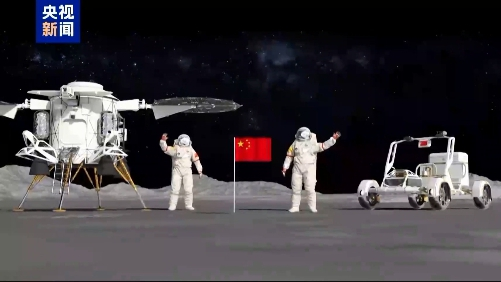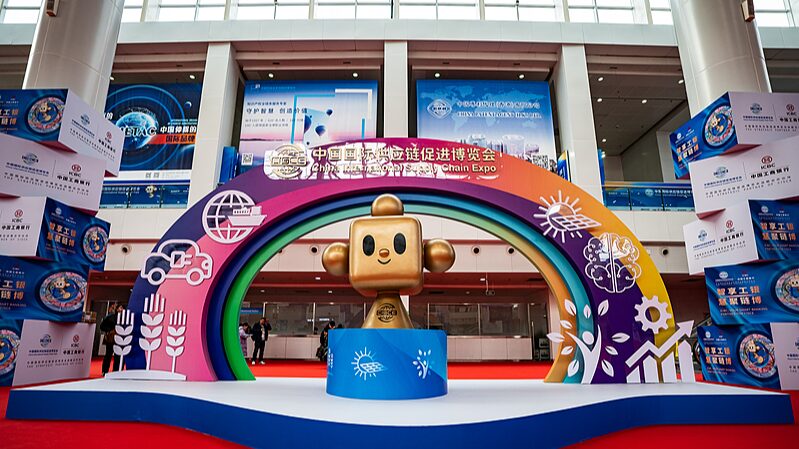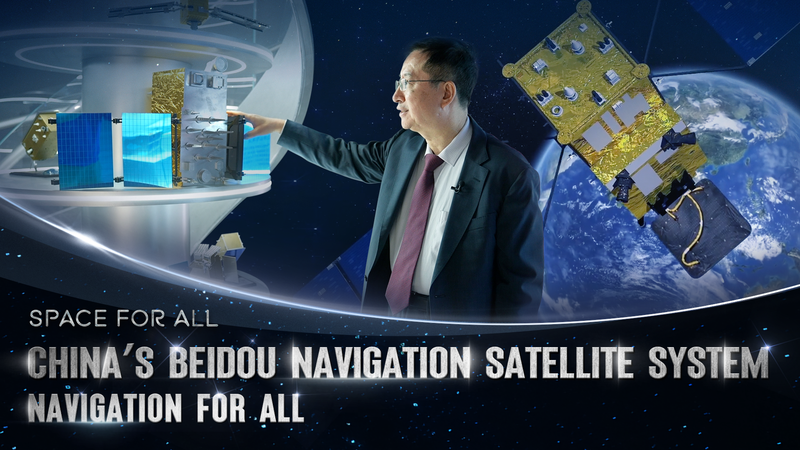China's partnership with the Arab world is reaching new heights with over 200 major projects already making a positive impact on nearly 2 billion people. This week, the collaboration was further solidified through landmark cooperation deals, with cutting-edge technological advancements set to take China-Arab cooperation to the next level.
On Thursday, China introduced the five cooperation frameworks, aiming to build a China-Arab community with a shared future. This ambitious plan includes establishing a joint space debris observation center, a BeiDou application, a cooperation and development center, and enhancing collaboration in manned space missions and passenger aircraft to boost innovation.
Artificial Intelligence (AI) takes center stage as China seeks to empower the real economy and promote a global governance system on AI. Additionally, efforts to accelerate bilateral and regional free trade agreements and advance e-commerce cooperation are set to strengthen economic and trade ties between the regions.
Hi-Tech Cooperation 💡
Technologies like AI, 5G, virtual reality, and space navigation were highlighted at the 2019 China-Arab States Expo. CNKI, an online academic library of China, has developed a big data platform dedicated to Belt and Road tech cooperation and innovation. Zhou Yong, general manager of CNKI Knowledge Management Technology Company, shared with CGTN that the platform supports institutions, enterprises, and governmental organizations from 23 signatory countries, catering to tech needs in eight major industries, including AI, smart transportation, and the Internet of Things.
A testament to Chinese engineering prowess, the Lusail Stadium in Qatar, the main venue for the 2022 World Cup, was constructed by China Railway Construction Corporation. Shaped like a date palm bowl or an enamel lantern, the stadium not only hosted the World Cup final but also became the first World Cup venue built by a Chinese company, proudly featured on Qatar's new 10-riyal banknote.
\"The Lusail Stadium is by far the world's largest, most advanced and most complex professional football stadium built to FIFA standards,\" said Li Chongyang, head of the Chinese side of the engineering team, in an interview with China Media Group (CMG). Hassan Al Thawadi, secretary general of the Supreme Committee for Delivery and Legacy for the 2022 FIFA World Cup, echoed this sentiment, highlighting the stadium's capacity to host 80,000 spectators and showcasing Chinese enterprises' technical capabilities and service levels.
Reference(s):
Sci-tech innovations set to further boost China-Arab cooperation
cgtn.com






